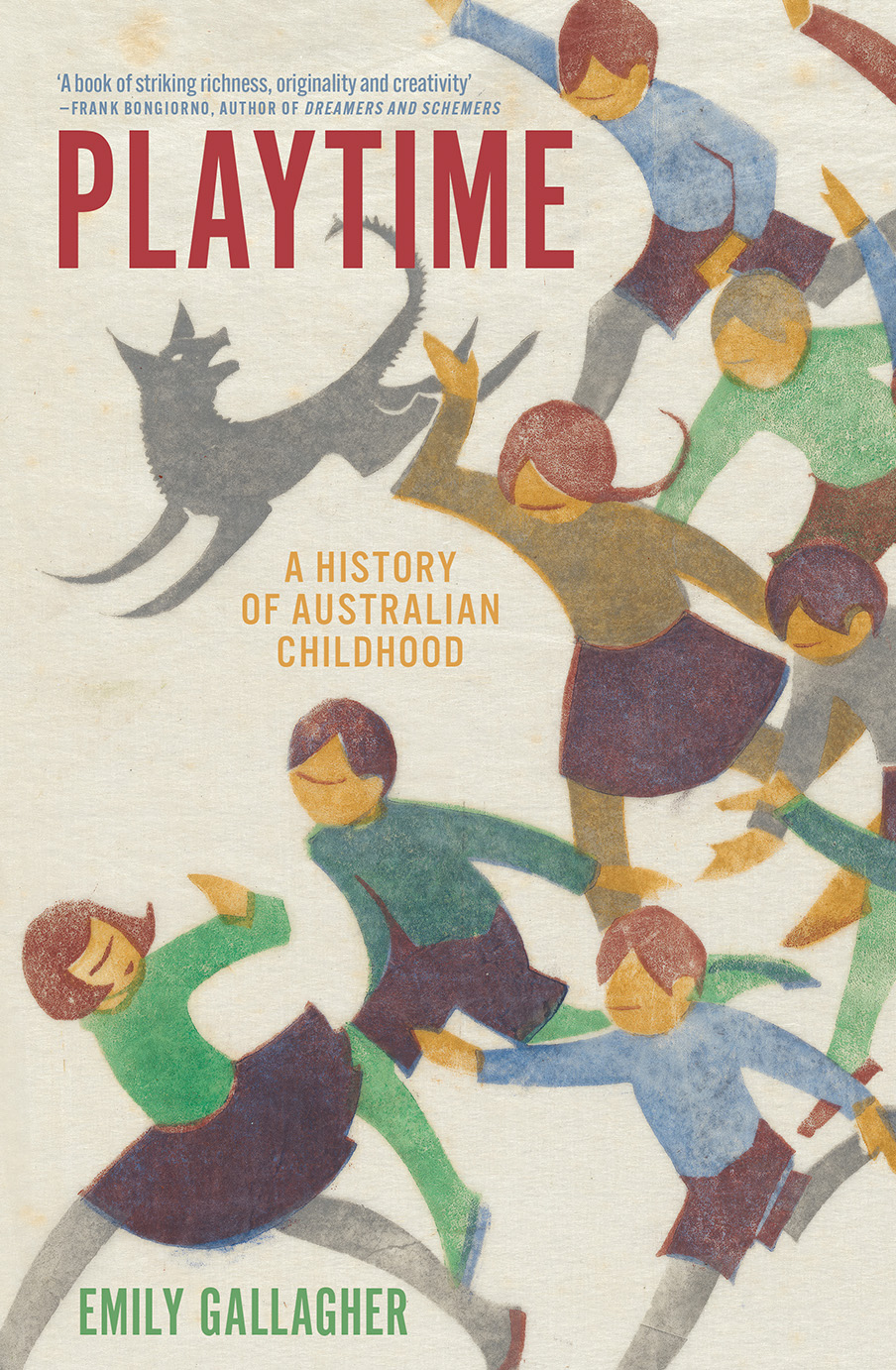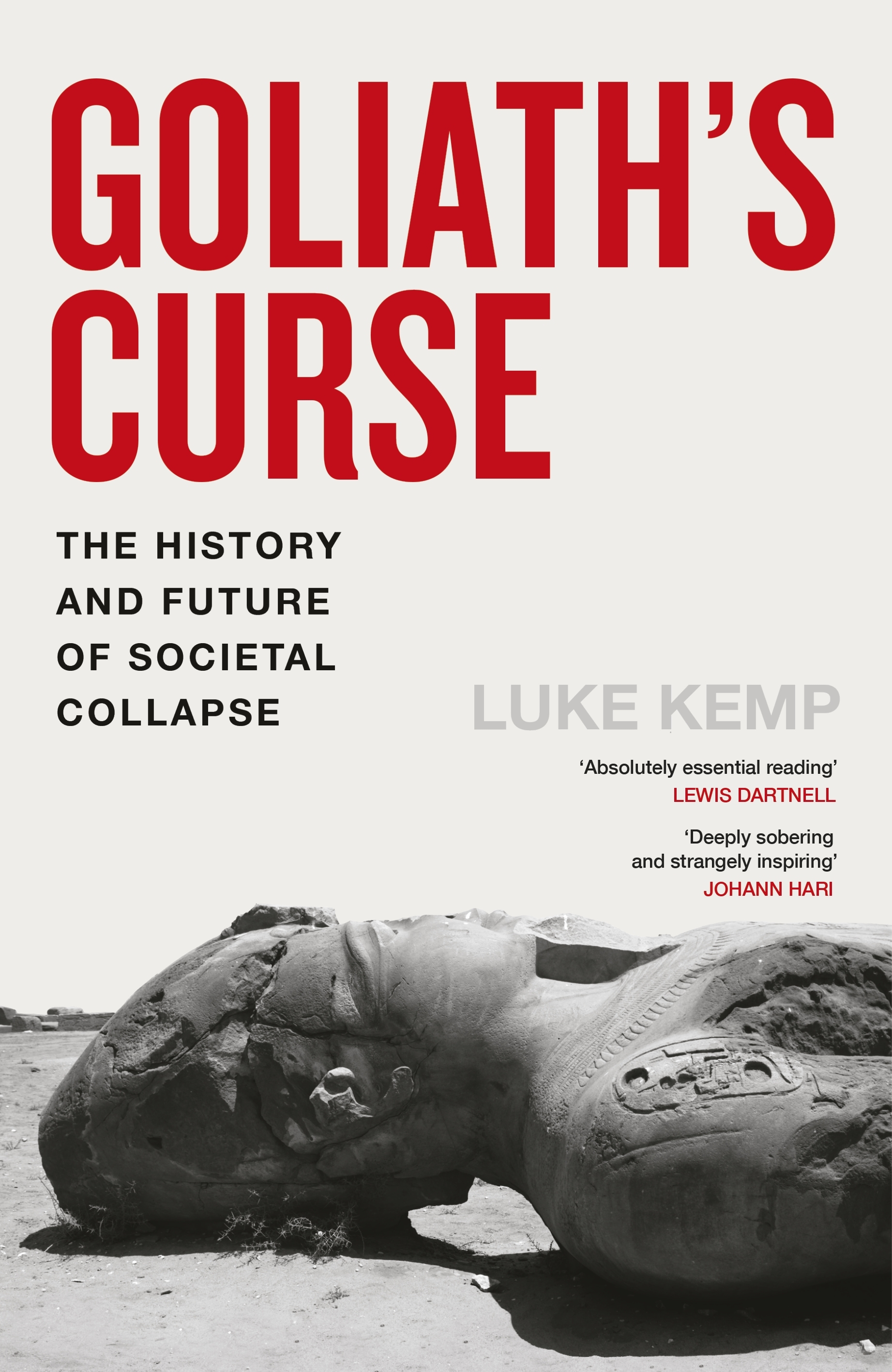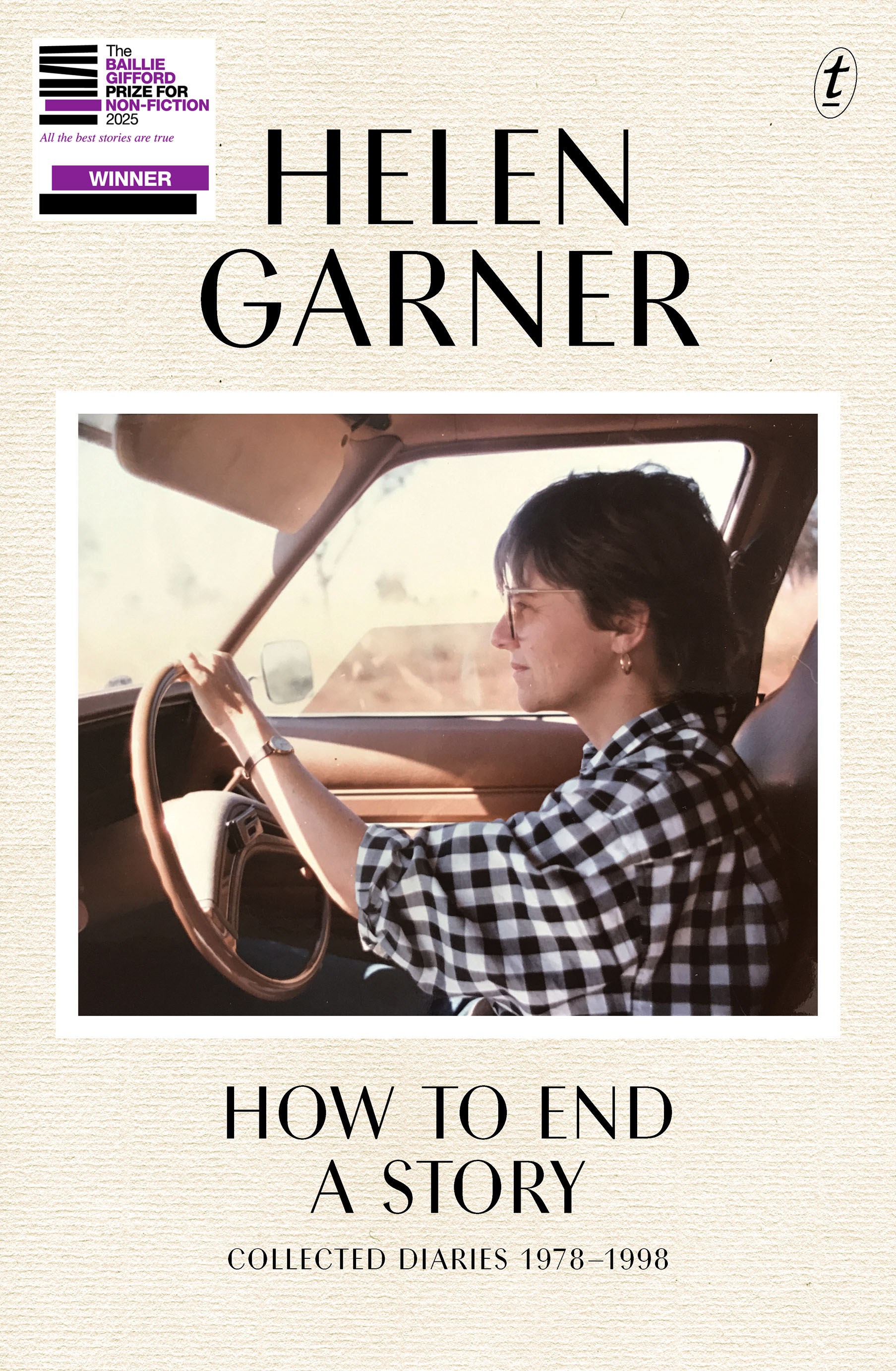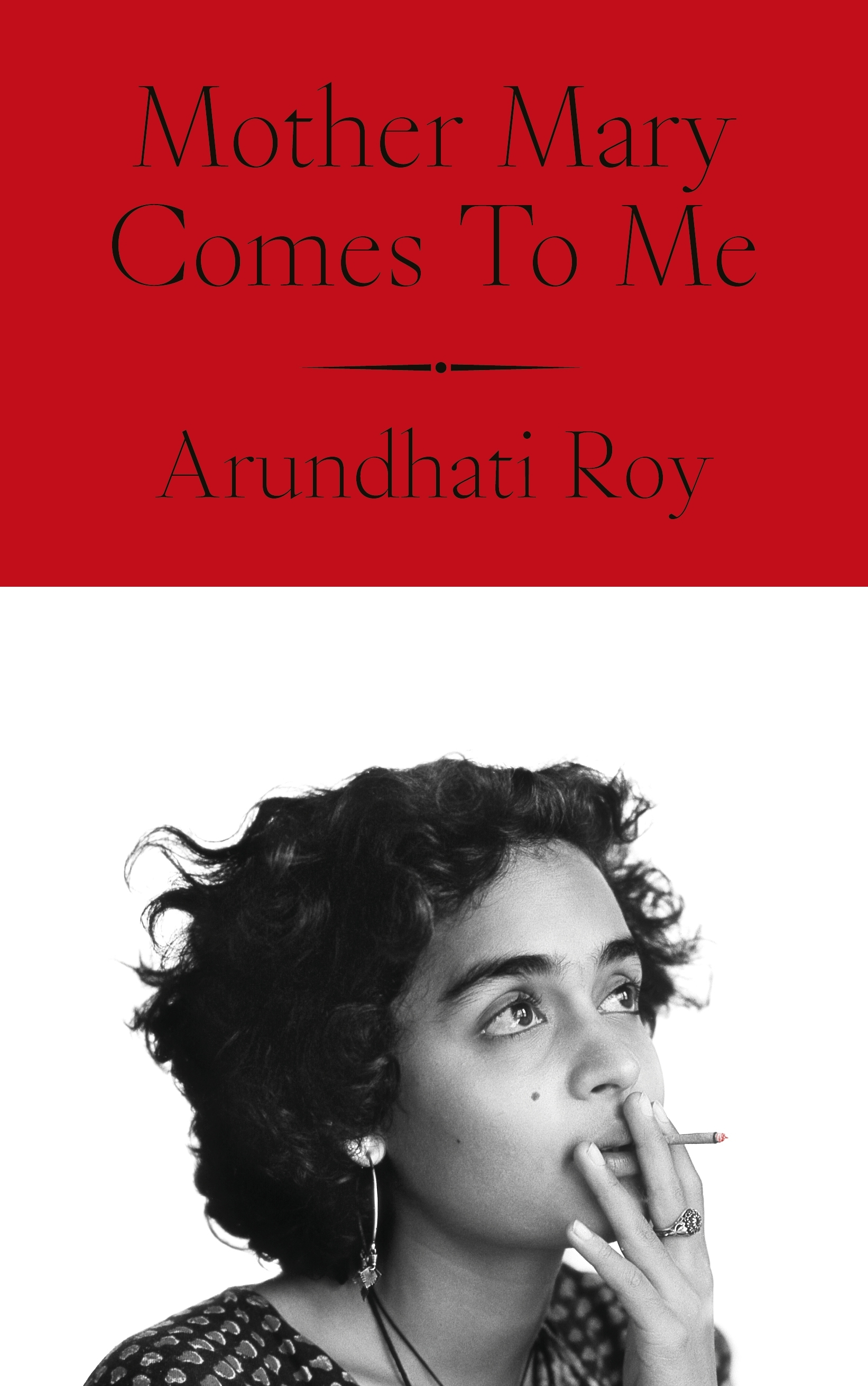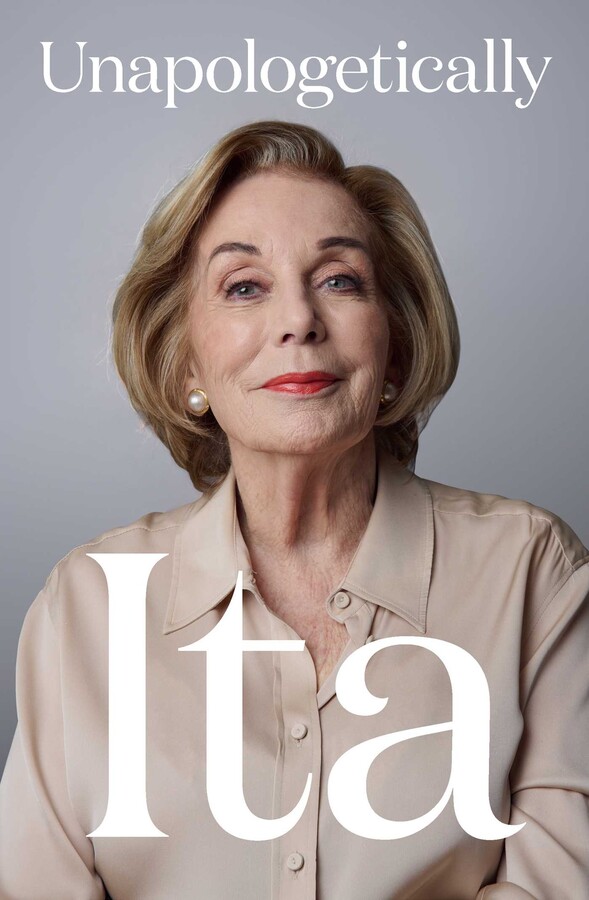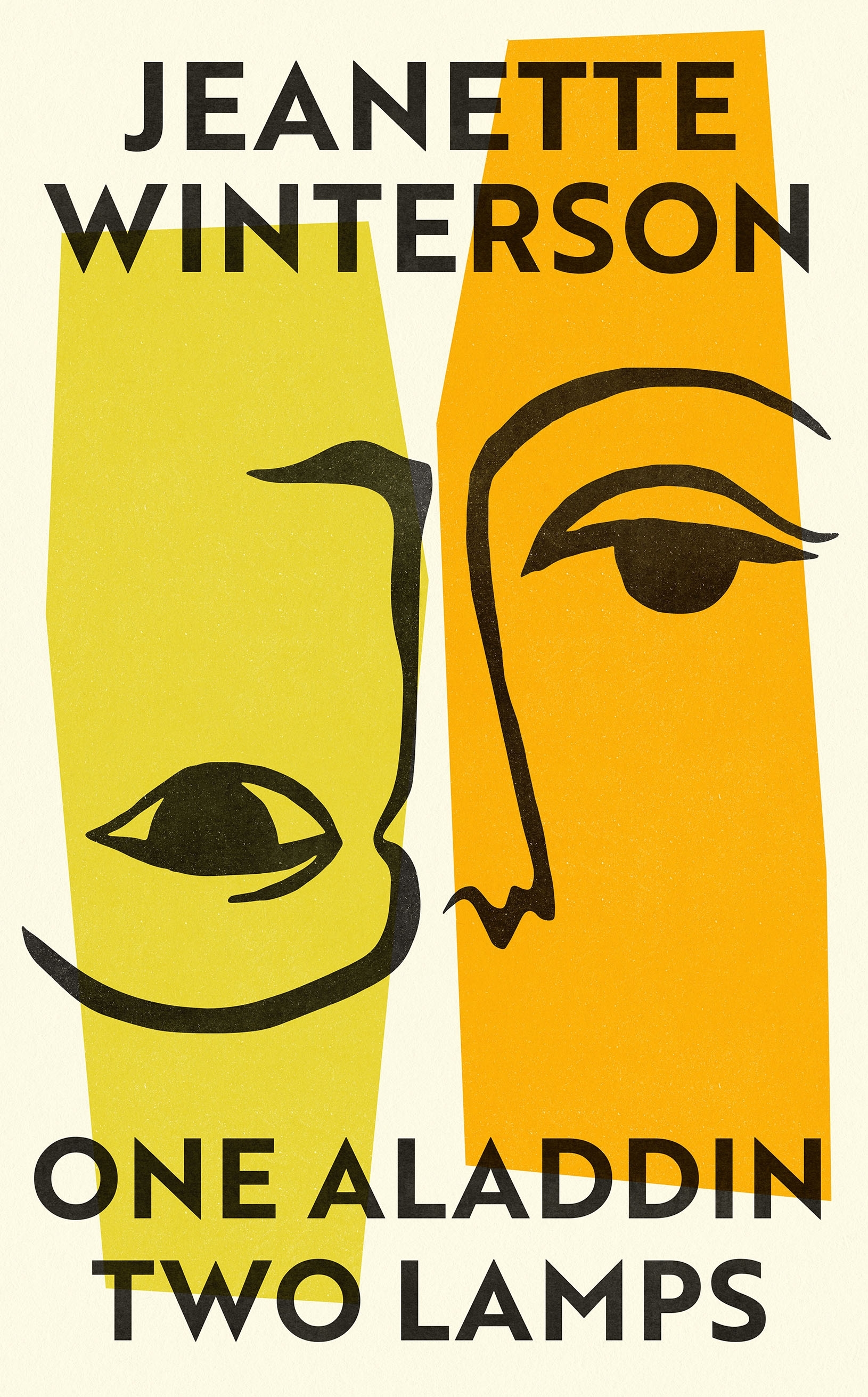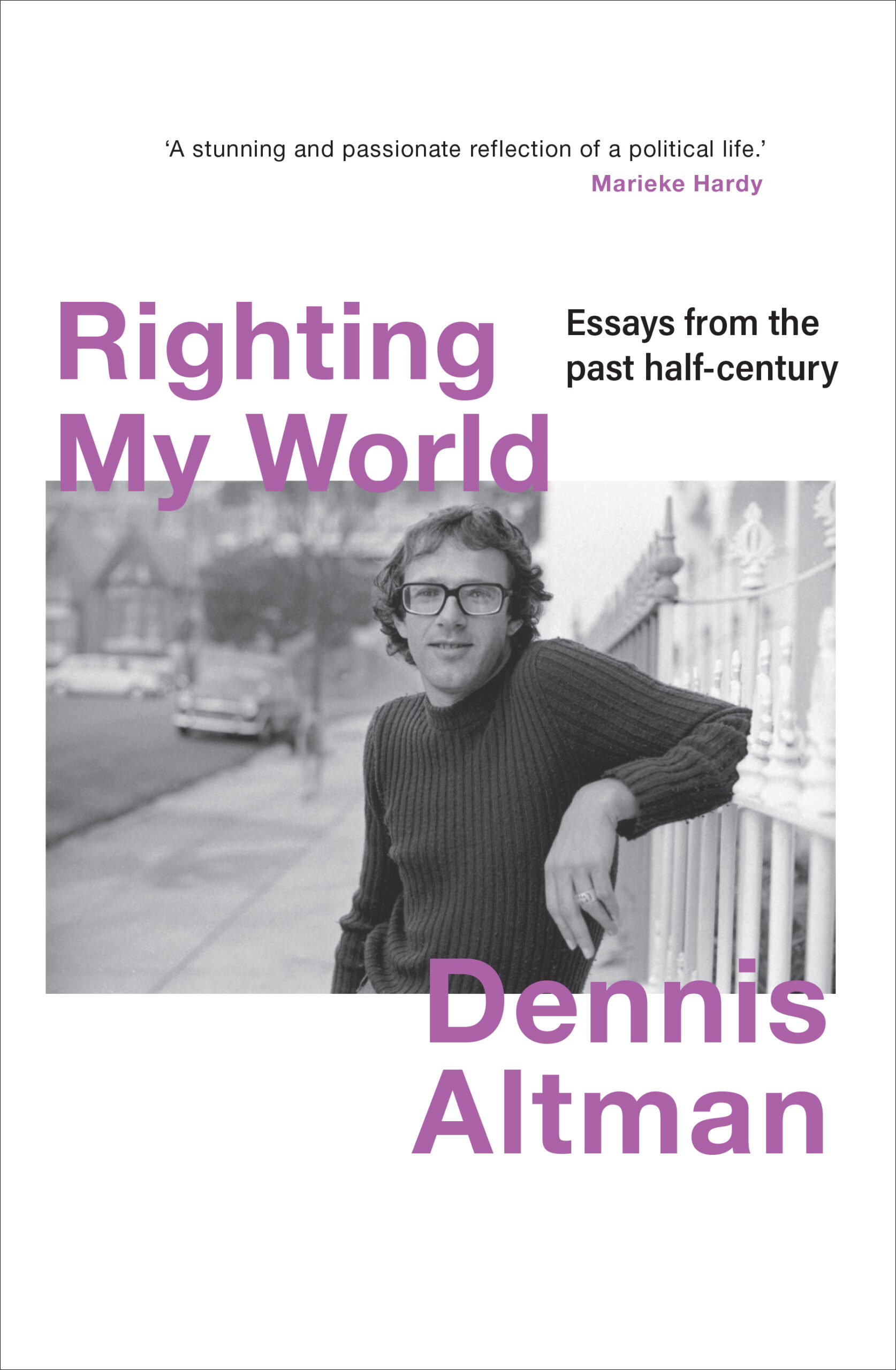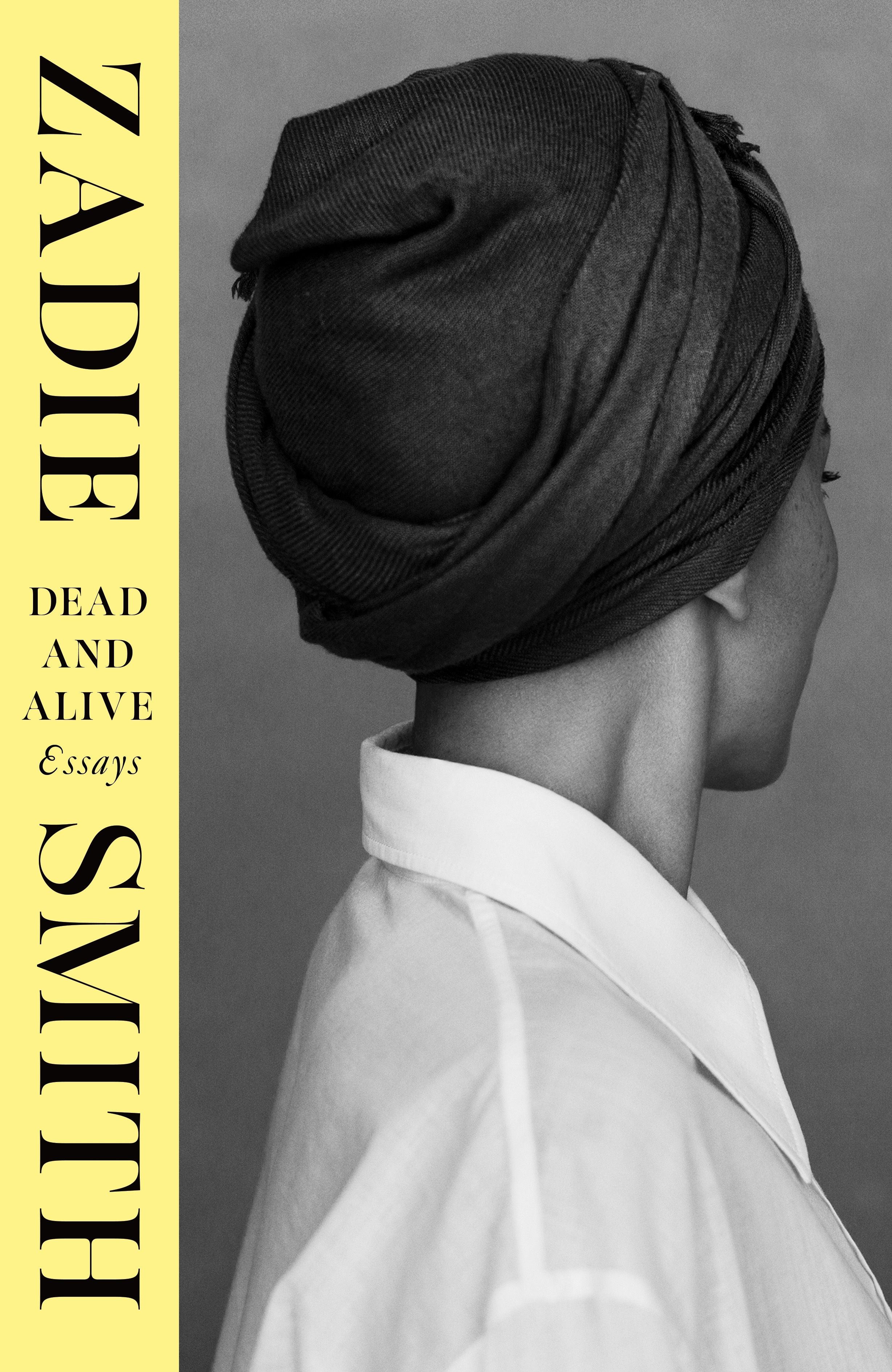Non Fiction
Playtime: A history of Australian childhood by Emily Gallagher
In her ambitious and skilful examination of childhood and play, Emily Gallagher has carefully foregrounded the voices and thoughts of children, situating them as sources as well as historical actors. This is no easy task. Histories of childhood are mostly told from the viewpoint of adults: they are about children, rather than by children. In colonial Australia, the daily existence of children was harnessed to the circumstances of the adults – mostly parents – who cared for them, and who made key decisions about their education, work, and aspirations. Wider social commentary about young people, either sparked by moral panic or casting the next generation as the embodiment of a hopeful future, was proclaimed by adult authority figures.
... (read more)Goliath’s Curse: The history and future of societal collapse by Luke Kemp
To explain the great arc of human experience is daunting. In Guns, Germs and Steel: The fates of human societies (1997), Jared Diamond argued that environment and geography shape culture and technology, allowing some societies to prosper while others fail. In Sapiens: A brief history of humankind (2011), Yuval Noah Harari described successive revolutions that saw one variety of humans transform the planet. Harari lamented the decision to leave the hunter-gatherer life for agriculture; populations grew in number but became victims of regular famine, war, and disease.
... (read more)How to End a Story: Collected diaries 1978-1998 by Helen Garner
A curious feature of the creamy new edition of Helen Garner’s diaries: it carries only one blurb, and it is not by some literary heavyweight but by Nigella Lawson. At first, I found this confounding, but I soon began to see parallels between the two. Both are funny, spontaneous sensualists; both have been subjected to harsh public scrutiny and experienced a certain degree of messiness in their personal lives; and both are magnificent women. In the words of Anne Enright, they are, in their various ways, ‘acclaimed celebrator[s] of the poetic quotidian’.
... (read more)Raise Your Soul: A personal history of resistance by Yanis Varoufakis
Things can turn very quickly, my mother says. Be careful who you associate with. Με όλους και με κανέναν. With everyone and with no one. Watch what you do and what you say because they’re always watching – then, one day, they’ll write your name on ‘the list’ and we’ll never see you again.
... (read more)Mother Mary Comes to Me by Arundhati Roy
In 1997, a first-time writer came out of small-town Kerala, God’s own country, and wrote a novel exploring the nature of maternal love and the constrictions placed upon who can love whom and how. Narrated through the perspective of dizygotic twins – with their ordinary words capitalised and scattered across the pages to symbolise children encountering an adult world with equal parts awe and apprehension – this work went on to win the 1997 Booker Prize. Those of us whose minds were forevermore imprinted with Arundhati Roy’s sheer idiomatic chutzpah and semantic cosmopolitanism in The God of Small Things will find the writer in fine fettle in her latest work, Mother Mary Comes to Me.
... (read more)Ita Buttrose is someone Australians know; she’s someone that Australians trust’, said Scott Morrison, when he announced Ita Buttrose’s appointment as Chair of the Australian Broadcasting Corporation (ABC). For once, Morrison was saying something likely true. Buttrose’s long career in the media, especially in leadership positions, had afforded her a visibility, familiarity, and goodwill enjoyed by few in Australia.
... (read more)One Thousand and One Nights begins with an ending in sight. Unless Shahrazad can keep her husband, the Sultan Shahryar, entertained with her stories, she will follow the virgins before her who marry him only to be beheaded in the morning. Shahrazad’s means of escaping this response to his first wife’s infidelity opens the heart of Jeanette Winterson’s new book about what stories can do and be: ‘magic words that get us into the treasure and out of danger’.
... (read more)Attention: Writing on life, art and the world by Anne Enright
Writing about her mother, who is a presence in many of the essays in Attention, Anne Enright recalls the two reciting poetry together. Despite her mother steadily declining into dementia, Enright adjudges the lines of poetry, as well as the books her mother continues to read, as bulwarks against the withering of her mind. ‘It seems’, Enright writes, ‘as though her mind is not putting the words together so much as the other way around.’
... (read more)Righting My World: Essays from the past half-century by Dennis Altman
There is a video clip somewhere of Dennis Altman on the ABC’s Monday Conference program, a forerunner to the late (and unlamented) Q+A. The year is 1972 and Altman is defending his book Homosexual (1971) against a Methodist minister whose name escapes me and the conservative politician and journalist Peter Coleman. The minister is the more strident of the two, suggesting that homosexuality is the consequence of disordered sexual development and citing some specious research to that effect. Coleman takes a more nuanced line. One of the best things about the book, he suggests, is that it confirms one of the right’s main objections to ‘gay lib’: the movement, he says, is aimed as much at the transformation of society as it is at the liberation of gays. Smiling slightly mischievously, Altman is more than happy to agree.
... (read more)Zadie Smith’s essay collections have an uncanny habit of arriving precisely when the culture shifts. Changing My Mind (2009) appeared as the iPhone began transforming daily life; Feel Free (2018) followed Donald Trump’s first inauguration; Intimations (2020) captured the disorientation of the pandemic’s early months; and now Dead and Alive appears in the wake of Trump’s return to office. Comprising essays written between 2016 and 2025, most of them first published elsewhere, the collection gains an unexpected coherence in retrospect.
... (read more)

